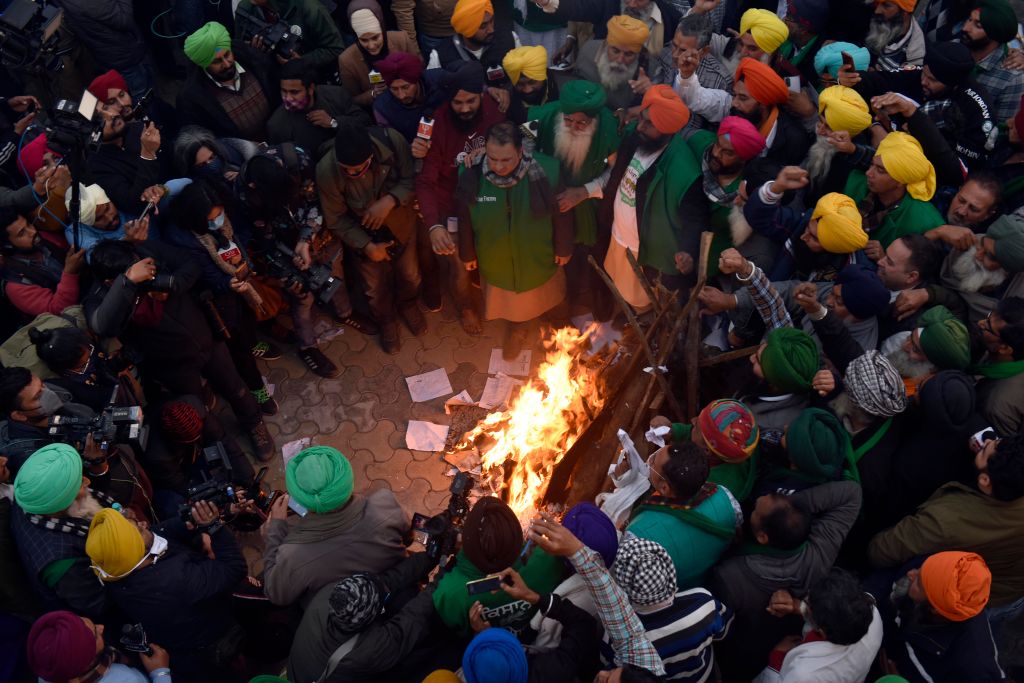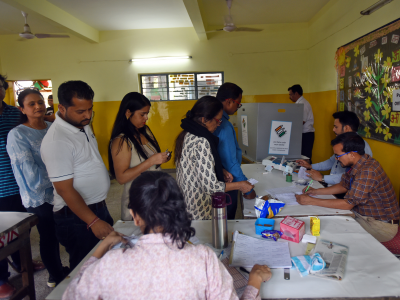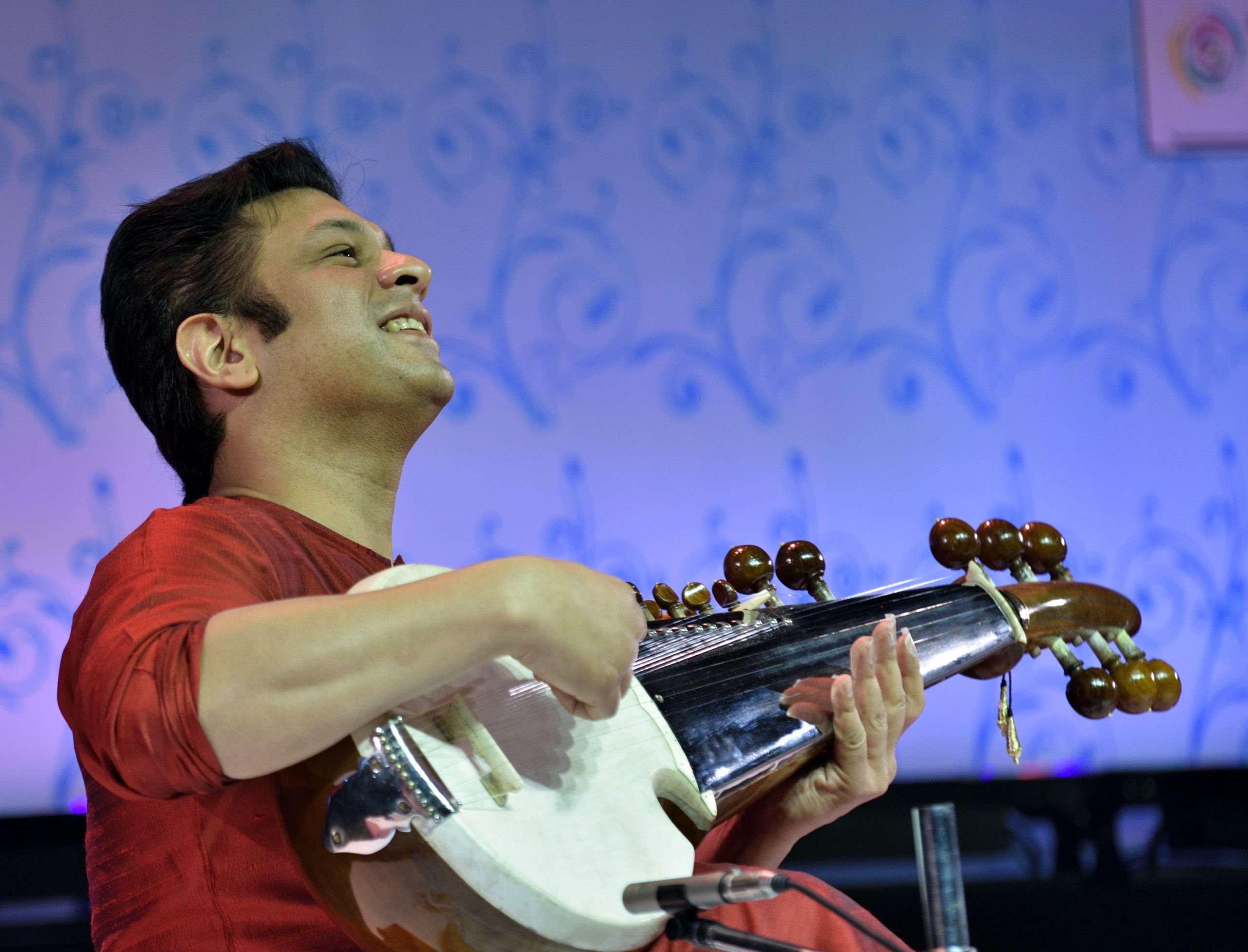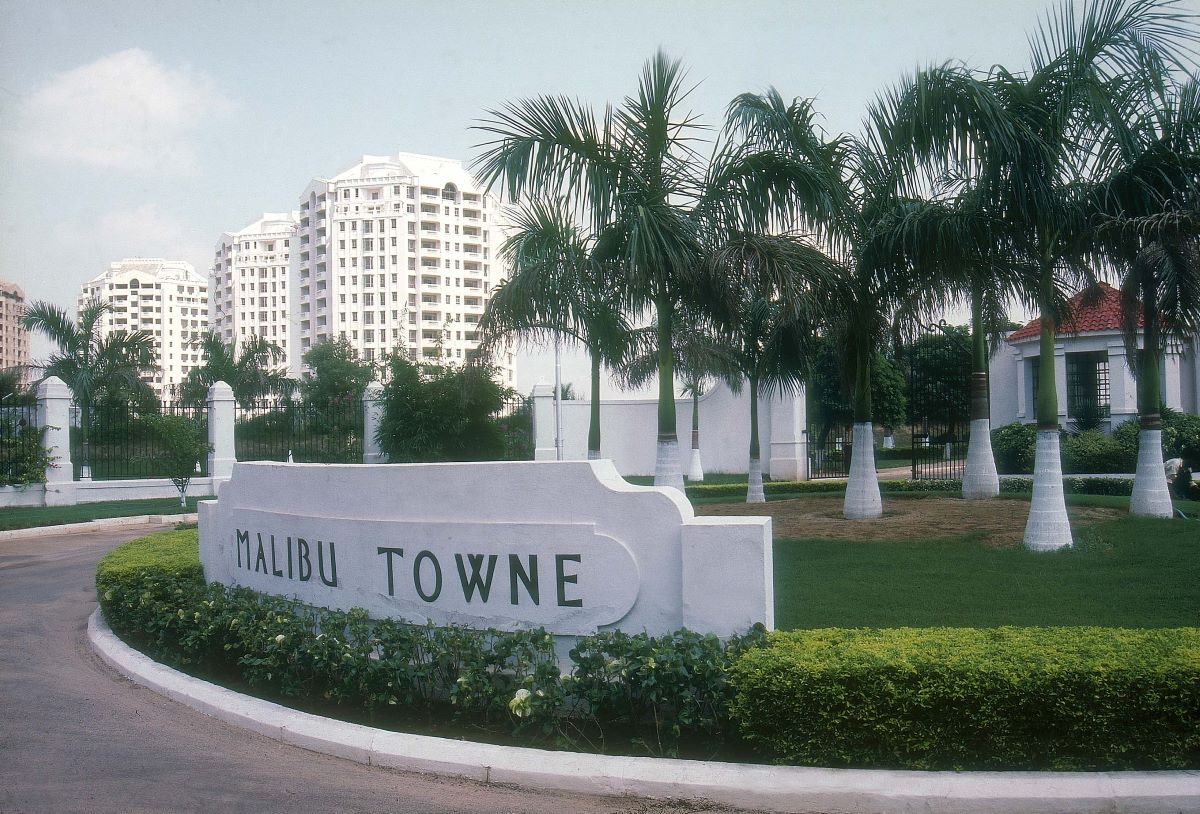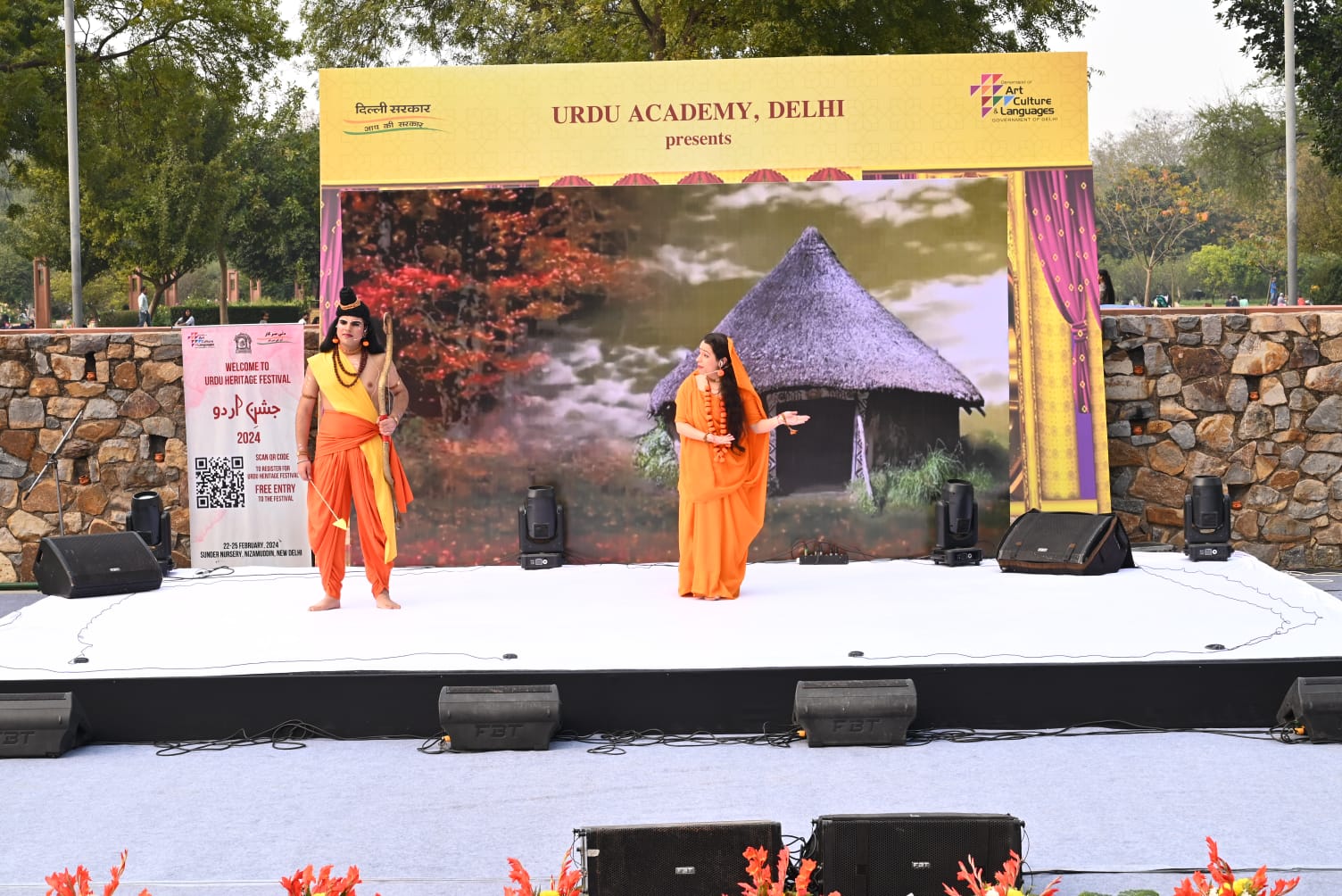Farmers celebrated Lohri, the harvest festival, with the clear intent of not returning till their demands are met. They don’t seem to be in any hurry
Thousands of farmers protesting at Singhu border on the night of Lohri lit dozens of bonfires to commemorate Lohri and reaffirm their resolve to insist that the Narendra Modi government should repeal the new Farm Laws. Their tractors and trolleys are gridlocked along the highway in two rows for kilometres, and walking through this maze of elongated caravan one can’t help but think it’s a highway where cars used to run at a speed in excess of hundred kilometres an hour less than a couple of months ago.
The energy here is palpable and celebration is in the air. And they are very responsible as well. The younger lot was seen cleaning the streets, there’s a functional garbage disposal system in place, womenfolk along with trained cooks were seen preparing food, traffic was managed and special care was taken that peoples’ lives in the neighbourhood are not hindered. Fires were lit with due care so that it’s safe–after all, the roofs of the tracker trolley where dozens huddle inside together to sleep are covered with tarpaulin sheets. And there were hundreds of people, many from Delhi, who joined them in solidarity and to celebrate with them, felt safe, not just from the pandemic.

Entrepreneur Pallavi Chaturvedi, 45, who was there with her family, even joined them for a dance around a bonfire. “I feel so safe here,” she said. No one was behaving in a way that would make women uncomfortable.
Not only that, they have night policing by Army men who are either on leave or retired, and some of the elders were seen sitting to keep a vigil with the younger lot roamed around with a lathi. One Manjeet Singh informed that there are “some 200 men to provide security and each of them has been given a certain area to patrol.”
He was later joined by some of his fellow security men who informed that there were attempts to smuggle in 2,000 bottles of liquor, perhaps from those close to the establishment. The idea was that alcohol would lead to bad conduct and would give the government reasons to use force.
Many soldiers have joined after taking a long leave from their postings, and do not want to be identified. One of them, 36 years of age, looks much younger, asserted, “I’m a farmer first and then a soldier.”
The food was served free for all, hundreds of parties were happening simultaneously. There was a langar every 100 meters. They served chola-rice, paratha-sabji, even pizza. Tea and coffee were available in plenty, so were peanuts and rewari–Til cooked in jaggery syrup was liberally distributed.
No one was to go hungry and there was a lot to choose from. It almost felt like the ideal welfare state, people working selflessly to keep the place safe and clean, and irrespective of the fact one was a farmer or not, insider or outsider, rich or poor, were served food with compassion. Even the cops deployed to prevent farmers from entering the capital were welcome and fed with the same compassion and generosity.
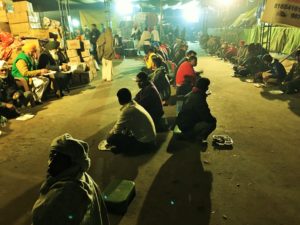
The state is on the backfoot, there are layers of barricading, made almost impregnable with rows of containers and dumper trucks full of sand. Water cannons are lined up with a heavy deployment of force. The farmers are not perturbed by the security establishment. The farmers are united by the common faith and their resolve, come what may, to get their demands met. This common objective has bound them together as a cohesive force.
They may be simple folk but are not open to manipulation. Divine wisdom guides them. The pandemic, cold weather, and rain seem to cement their resolve. They have a demand and there are not going to settle for anything less. They are not in a hurry either, they have made themselves very comfortable.
The message is clear. They are prepared to die rather than return empty-handed. This mood was well articulated in songs being played loudly for all to hear, and farmers were seen dancing on these songs around the bonfire.
A song that is supposed to be sung by a farmer’s wife goes like this, ‘I’m here taking care of the fields, milking the cows, watering the crops, you stay put there and return only victorious.” Then another Punjabi song doing rounds was, “loins have surrounded Delhi….they sleep well in the open, have robbed sleep of those who reside in palaces” or this one “farmers carry plough on their shoulder, don’t force them to pick guns.” Farmers were seen dancing on these songs till late in the night. Their struggle culminated into a celebration.
It’s not merely a political issue or some sort of agriculture reform, the farmers see it as an existential question that their future depends on. They don’t trust the private sector and are suspicious of the government’s intentions. They quote Jio’s example, “First they’d offered freebies. After capturing the market, they showed their true colours. They work in their own interest and not in people’s interest,” explained Manider Singh who was distributing vegetable soup with an overdose of garlic and onion, ghee was floating on the top.
Spending time with farmers here could remind old-timers of Mahatma Gandhi’s passive resistance and Satyagraha, which was based on non-violence. The only difference is that farmers are also in celebration mode. Experiencing is believing.

